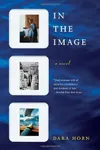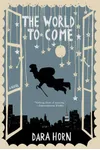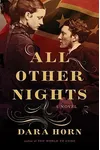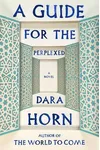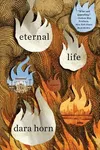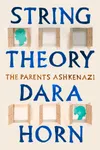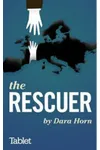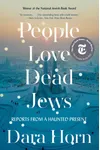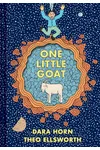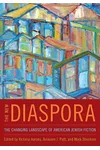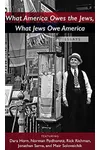Picture a storyteller weaving Jewish history into spellbinding tales that captivate hearts worldwide—meet Dara Horn! This American novelist and scholar, with a knack for blending Hebrew and Yiddish traditions into modern fiction, has earned a devoted following and prestigious awards. From her debut novel at age 25 to her provocative essays, Horn’s work resonates with readers seeking depth and delight.
The Making of Dara Horn
Horn’s novels are a vibrant tapestry of Jewish history and culture. Her debut, In the Image (2002), a lyrical blend of coming-of-age and spiritual journey, won a 2003 National Jewish Book Award. The World to Come (2006), inspired by Marc Chagall and Yiddish writer Der Nister, explores family and art, earning another National Jewish Book Award. All Other Nights (2009) dives into the Civil War, weaving espionage and identity, while Eternal Life (2018) tackles immortality with wit. Her 2021 nonfiction essay collection, People Love Dead Jews, confronts antisemitism and Jewish memory, earning critical acclaim and a 2021 Kirkus Prize finalist spot.
Horn’s style is marked by rich intertextuality, drawing on Jewish texts, and a refusal to tidy narratives with neat resolutions. Her work, translated into 12 languages, reflects her scholarly depth—she’s taught Yiddish and Hebrew literature at Harvard, Sarah Lawrence, and Yeshiva University—while remaining accessible and emotionally resonant.
Why Dara Horn Matters
Dara Horn is a vital voice in contemporary Jewish-American fiction, illuminating Jewish resilience and identity for a global audience. Her ability to bridge ancient traditions with modern storytelling has redefined Jewish literature, earning her accolades like the Edward Lewis Wallant Award and a spot among Granta’s Best Young American Novelists. Her essays in The New York Times and The Atlantic spark crucial conversations about antisemitism and cultural memory, making her a thought leader for our times.
About Dara Horn
- Born: 1977 in Short Hills, New Jersey
- Key Works: In the Image, The World to Come, People Love Dead Jews
- Awards: Three National Jewish Book Awards, 2002 Edward Lewis Wallant Award, 2007 Harold U. Ribalow Prize
- Fun Fact: She lives in New Jersey with her husband, daughter, and three sons.
Snag The World to Come and dive into Dara Horn’s enchanting blend of history and heart!
